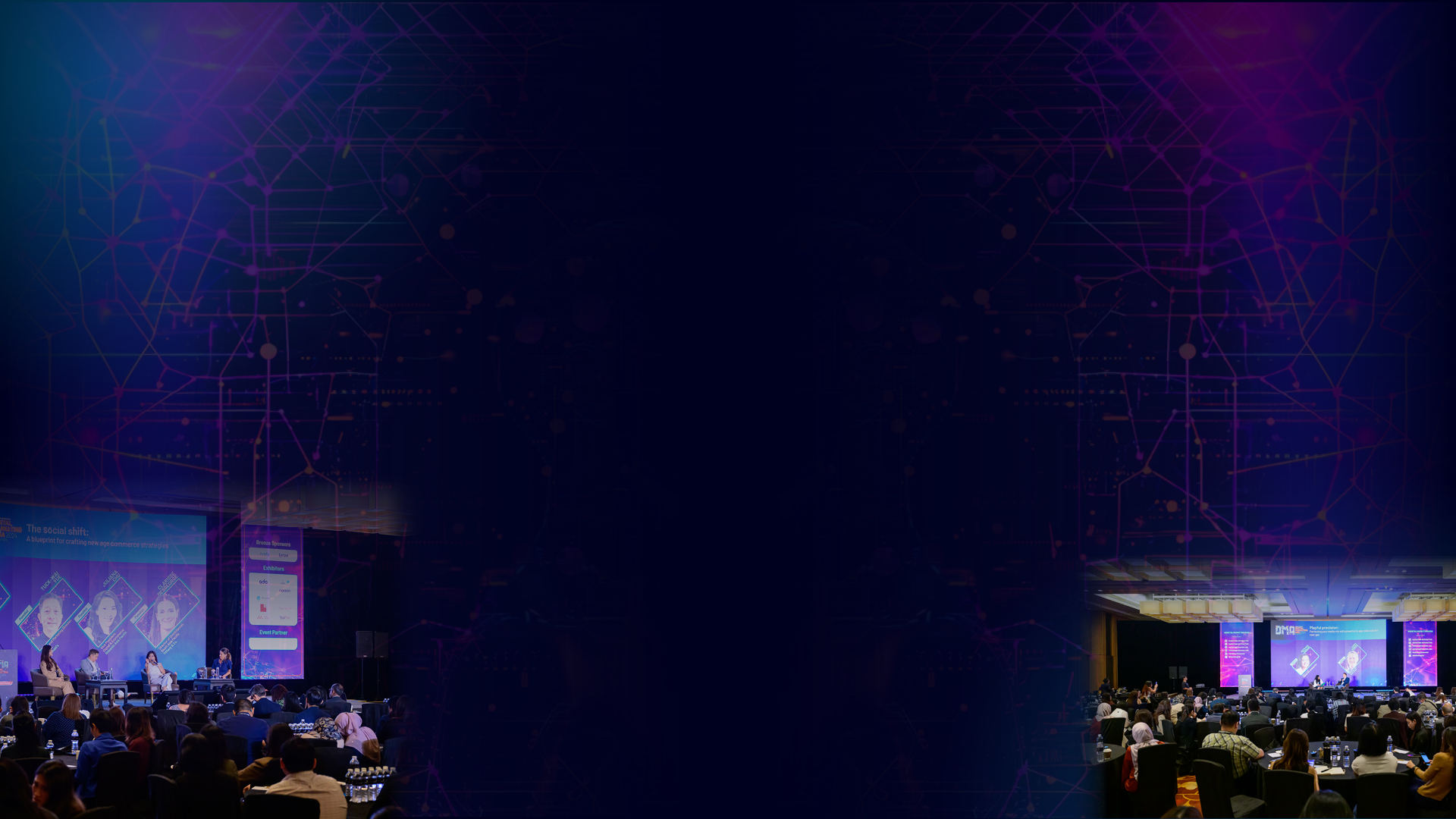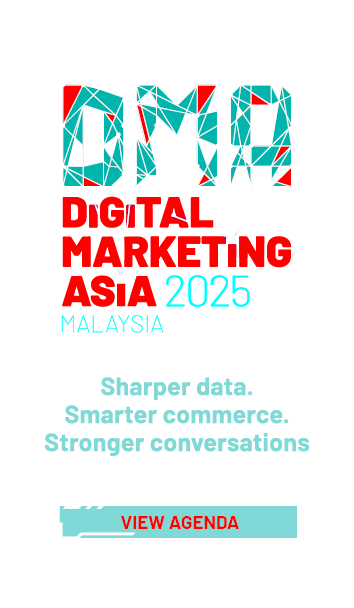



Meet the CEOs: Trapper's CEO Sue-Anne Lim
share on
Being exposed to the advertising scene from a young age by her father who was a former marketer, Trapper’s CEO, Sue-Anne Lim has always felt at home in advertising. But this isn't to say she didn't meet her fair share of struggles. Her first role in account management, for example, was one where she only stayed for six months. Nonetheless, the six months were crucial for her to know that building on strategy was her true calling.
"I realised I loved engineering solutions. At that time, strategy planning was still a rather new field in Malaysia, there were not many agencies that have a strategy department. My then employer was kind enough to switch me to a strategy role but unfortunately, to be honest, I was floundering because I was out of my depths," she shares.
Fast forward to today, having joined Trapper as the CEO in 2021, Lim has led Trapper to become a diverse and inclusive player in the ad land ecosystem.Commenting on her leadership style, Lim says, "I’m assertive, objective and empathetic. I think being a good leader, like a good parent, means standing firm on certain decisions including the less popular ones."
Read more here on her journey.
A+M: What was your first job?
My first job was a sales promoter job in a mall. I can’t recall whether it was BodyShop or a fashion brand, but I took the job because it seemed like a very trendy thing to do during your school break. It’s like a rite of passage to adulthood. You meet all kinds of customers – good ones, bad ones, ones that you enjoy and ones that you abhor but you learn from every one of those experiences.
It wasn’t just about standing there and serving customers. I learned from very early on, there are three things you need to know: Always study the products you sell, delight the customer by making them feel or look good, and be active in improving floor process.
Sometimes, I still dream of applying for a part time retail job, just to go back to basics! And life was so much simpler then! I mean come to think of it, whichever job we hold – all jobs involve selling isn’t it?
There’s an idea or desire that you’re pitching to someone. I suppose there is no better training ground than the actual sales floor.
A+M: What was your first role in advertising?
My first role in advertising was in account management, which lasted only about six months! It was a very hectic six months for me but sufficient for me to know that strategy is my true calling. I realised I loved engineering solutions. At that time, strategy planning was still a rather new field in Malaysia, there were not many agencies that have a strategy department.
My then employer was kind enough to switch me to a strategy role but unfortunately, to be honest, I was floundering because I was out of my depths. There was a ‘part time’ strategy planning director whom I was reporting to but, unfortunately, I couldn’t get enough face time with him and a lot of things needed to hit the ground running. So eventually, I left the company to join another agency with a proper strategy set up.
A+M: What was your first impression of advertising?
Honestly, I don’t remember because… I was involved in commercials, production, research and branding from a very young age - like when I was in primary school. My dad was a marketer with Dutch Baby Industries and I just tagged along to production houses, and got used to hanging out at the office after school. So I can’t really recall my first impression. I was naturalised into the system!
I knew at the age of 11, that the smoke coming out from the cup of hot chocolate on TV was fake.
What I do know is, I enjoy advertising – I enjoy the wit of advertising, the cleverness, the aha moments and its principle in shifting behaviours!
A+M: Who was the mentor who influenced you the most and how?
I am very lucky because I had really good mentors throughout my career and I felt like they were all so different and whatever they taught me, was the right lesson I needed to learn at exactly that point in my career. My first boss and also my first mentor was Kapil Sethi, strategy planning director of Bates International, who taught me that I needed to be a lot more smarter than I thought I was LOL!
He encouraged me to go on ground, do the hard work in research, truly be the fly on the wall in homes and communities. And I’m not talking about just being part of something and observe for my personal understanding. I had to do the serious heavy lifting in capturing and documenting my observation, doing the analysis, critically argue my way out with him, present it to the entire agency, and lastly applying it to the work. And I realised, I loved ethnographic work.
At that time, I was very inspired by author researcher, Jan Chipchase who at that time was doing amazing ethnographic work for Nokia to understand people’s relationship with their mobile phones and his work became a springboard for internal strategies. Like him, I loved figuring out why birds of the same feather flock together and especially, what do they do in their environment. But back to your question, yes I had many other great mentors after but Sethi was my first!
A+M: What's the harshest criticism you've received and how did you cope with it?
My most ‘memorable’ criticism was a CEO lambasting me, almost verbatim, “You are like a man who just wants to f*ck any good looking woman who walked past you. Who do you think you are?!”.
To provide some context to this – it took awhile for me to say yes to joining a renown award-winning agency, only to quit before the three months probationary period was over. Don’t misunderstand me, it was a GREAT agency which had award winning teams, global accounts, smart people, fancy office but I felt like my heart was not there.
I felt very distant from my projects, I wasn’t doing as much ethnographic or discovery work anymore. That was the time, blogs were still called Web Logs and there was no Facebook. My heart was set to pursue Web 2.0. I mustered my courage to resign before my probationary time was up – not because I didn’t like the place or respect the CEO, but because my gut told me, it wasn’t the right place to be. I was with the ‘ace’ team, but I wasn’t doing what I loved and curious about.
It was really harsh – I got a shelling in his room and was told to leave on the spot even though I had resigned and was serving my notice, and my laptop got confiscated by IT. I thought I made a mistake and trust me, I felt like I was at the bottom of the well. It felt like I was being let go instead of having taken charge of my life. It was hard. But eventually I picked myself up, registered a company called Sparks and started my own consultancy based on what I wanted to do – ethnographic work, digital projects and socially conscious brands.
I was independent for about two years. This is not supposed to be a sad story.
Fast forward 15 years, I worked with the same CEO again. I’m never sure whether he remembered me, cause neither of us brought it up. We worked really well together. I didn’t hold any grudges because I can understand why he was mad, he must have felt like I was playing hard to get. I just didn’t have the chance to properly explain my side of the story. I was really curious if he actually recognised me after that many years or even remember what happened! But whatever it is – it was water under the bridge.
It’s really important to be able to put your personal feelings aside if you really want to work well as a team. Because in one’s entire career journey, there is bound to be friction.
If you keep holding grudges against people, you’re not going to be left with a lot of people to work with!
A+M: Describe your own management style now as a leader
I’m assertive, objective and empathetic. I think being a good leader, like a good parent, means standing firm on certain decisions including the less popular ones. You always need to make decisions based on the end goal, the big picture, the greater good for the company.
For example, who doesn’t want to be a Santa Claus boss? But sometimes, we have to make the hard decisions to cut cost to save the ship. I also realised that it’s always been very natural for me to have strong relationships with my teams – it’s natural for me to develop friendships with them. Nonetheless, they know that when it comes to business, we need to be objective. Especially in our industry, sometimes emotions run high for various reasons and what the agency needs is a leader who can pull people out of the murky emotional waters and put them back in the right path with the original goal in mind.
As with everything else in life, too much objectivity is also not good – tends to make the agency culture cold and soulless. So being empathetic is key.
Today, the world has gotten a lot more complicated than before. We have to acknowledge that there is a lot more pressure one is facing – visible or invisible. And it’s important for leaders to be sensitive to this. Everyone at some point has got personal or family problems. When they have issues at home, they lean on their work family for support. And vice versa. Therefore, it is important for us to be flexible and supportive whenever we can.

A+M: What's one thing you wished employees understood about being a leader?
That it’s not easy to be one! And if I may add – leadership does not come automatically with your position. You can hold various big titles but that does not mean that you know what leadership is or are able to excise it. You may be a CEO, but may not be a leader. You may be a junior executive but demonstrate strong people influence.
How do you know if you have leadership skills? One, when you hold yourself accountable regardless of your position and contribution – that is self-leadership. And two, when you are willing to eat last. Service above self is true leadership. You’d be surprise where I picked up my leadership skills from. Not from some fancy management retreat or global leader workshop. I got my toughest leadership lessons from kindergarten and primary school Japanese kids. I took a sabbatical to teach English in Japan for two years when I was in my 20s.
With no formal teaching experience and not speaking any Japanese, you’d imagine how difficult it was to control and manage a bunch of screaming, curious, hyper-energetic kids. It took me two years to learn how to show them who’s the boss without resorting to violence, and still getting them to achieve their language growth.

A+M: What do you do during your free time?
I enjoy traveling a lot. It’s like the air I breathe so you can imagine how bummed I felt during the past two years in COVID-19. I travel because I like to see things and I’m curious about how they work. I love going to foreign countries and ask why do they live this way, why was this design like that, what is this for, how does the government and communities work here? Traveling for me, is not a mere holiday to relax. On the contrary, that’s like the fuel to my mind. Since I’m not able to travel so often, reading and art are my favourite past times.
I feel if I were to apply for another job, I want to be an art history curator in a museum. And tell stories and give new perspectives from the same art inventory, in a million different ways.
A+M: Where do you find your inspiration?
Traveling, online, conversations with other people – anywhere and everywhere! I get inspired when I see something clever, or so well-crafted that you look at it and say, ‘how on earth did they do this!? Or so clever!’. There are smart people all around us who have something to say. We just have to pay closer attention.
A+M: If not in advertising, where would you be?
Curating art for the Lourve, Pompidou, as a matter of fact any art museum. Or a psychologist, working in child development or forensics.
A+M: What advice do you have for someone looking to start a career in the industry?
Be agile and be opened to anything. And solve problems for others. So often, we do the run of mill work that we forget why are we doing this. What are we changing, what are we making better, what goals are we trying to achieve? Be acute to the environment and read the air when conversing with others.
These are things that no one can teach you, you have to hone them yourself. Take pride in what you do, so please pay attention to the detail.
Also, you don’t have to be so precious about your ideas. They’re just concepts until it’s executed. And lastly, be ready for hardships. Plants that get too much water, rot.
A+M: What issue would you like to see the industry change in 2022?
No more toxicity in agencies. It’s okay to leave at 6pm (and it’s not called a half day!). It’s okay to take timeout. Also, I really would like to see healthier relationships between clients and agencies, and even agencies with each other. I am lucky, so far, I’ve only met one client who was truly toxic in my whole career. But I hear about them all the time from my friends from other agencies and ex-colleagues.
People should treat each other better and with respect. If you don’t like your agency, you can disengage them and find someone else you think can do a better job. But don’t disrespect them. Likewise for people working in agencies, if you don’t like your bosses/clients, you can leave.
Do not bitch about them or leave a toxic trail. It’s not healthy for you, not healthy for the people around you and certainly not healthy for the brand. Move towards loving yourself and be where you are happy. And lastly, on that point of respect – I hope everyone in the industry recognise the value of human resource and stop negotiating so hard. I’ve worked with the Americans, British, French, and especially the Japanese for many years and while they may negotiate on budgets, as they rightly should but they never disrespect the value of their partners.
That’s what I try to emulate with Trapper’s partners today too because we truly recognise and appreciate their value. Squeezing your agency to provide free services only means that your business is not running on true cost for growth.
share on
Free newsletter
Get the daily lowdown on Asia's top marketing stories.
We break down the big and messy topics of the day so you're updated on the most important developments in Asia's marketing development – for free.
subscribe now open in new window
